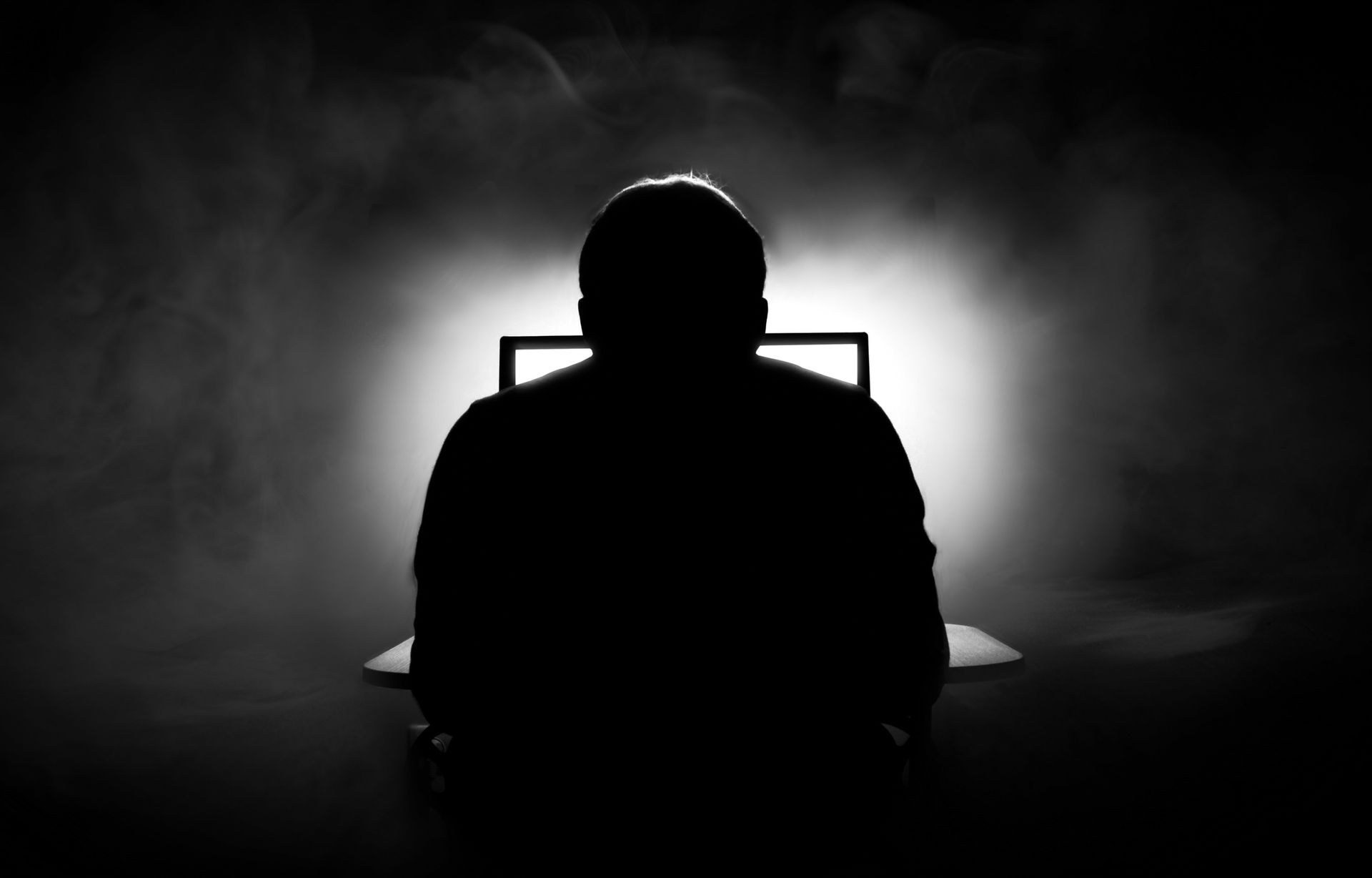
When prosecutors develop a case to pursue child pornography charges, they may use various types of evidence in an attempt to prove a defendant’s guilt. Although the prosecution bears the sole burden of proof in a criminal case, a defendant facing child pornography charges may also present evidence to undermine the strength of the prosecution’s case or prove their innocence. Let’s take a closer look at the types of evidence that might be used in a child pornography case.
Digital Evidence
In recent years, child pornography cases frequently involve materials transmitted over the internet and stored on computers or other electronic devices. As a result, many child pornography cases these days involve digital evidence. Investigators may execute search warrants to seize suspects' computers, external hard drives, USB storage devices, tablet computers, and smartphones to search them for child pornography or evidence of downloading or distributing child pornography. Investigators may also obtain communications data warrants to obtain evidence from cloud storage providers such as Google, Microsoft, or Dropbox. Law enforcement might also seek copies of messages from suspects’ social media accounts, which may contain evidence of child pornography distribution.
Investigators may also collect metadata from electronic devices, cloud storage accounts, or social media accounts that may also contain relevant evidence for a child pornography case.
Forensic Analysis
Digital evidence may often require forensic analysis by prosecution and defense experts. The parties may retain specialized investigators with expertise in extracting and preserving data from electronic devices and online accounts, especially if a party has attempted to delete data or destroy a device. Forensic investigators may use metadata to reconstruct activity on a computer, tablet, phone, external hard drive, or cloud storage account.
Forensic analysis can also help support defenses in a child pornography case, such as by proving that a third party used a defendant’s computer network or IP address to download or distribute child pornography.
Witness Testimony
Witness testimony can also serve a critical role in child pornography cases. For example, individuals may have observed a defendant engage in the alleged activity or saw child pornography on the defendant’s devices. Prosecutors may also present testimony from co-defendants/co-conspirators who have agreed to testify against a defendant about their activity. When a defendant sits for an interrogation by police, prosecutors may use the defendant’s statements as part of their case.
Parties may also present testimony from forensic experts to explain to the jury how they analyzed the digital evidence or metadata in the case.
Physical Evidence
Some child pornography cases may involve physical evidence, including when defendants possess hard copies of illicit photographs or videotapes. Prosecutors may also present photographs or videos taken during searches of a defendant's home, business, storage unit, or other property to prove various allegations, such as the amount of child pornography allegedly possessed by the defendant.
Contact a Child Pornography Defense Attorney Today
If you’ve been charged with child pornography offenses, hiring experienced legal counsel can help you defend your rights and reputation. Contact Cohen Law Offices today for a confidential consultation with a sex crimes defense attorney to discuss your legal options for pursuing a favorable outcome to your charges.
When Results Matter Most, Call Cohen Law First.
We’re not just any law firm — we’re
Northwest Wisconsin’s trusted criminal defense powerhouse. At Cohen Law Office, criminal defense isn’t one thing we do — it’s
the only thing we do.
Focused on YOU. Fighting for YOU. Always.
Need Help After Hours? We've Got Your Back.
If you're reaching out outside of our regular business hours,
don’t worry — just
click here, and one of our dedicated team members will get in touch with you as soon as possible.

